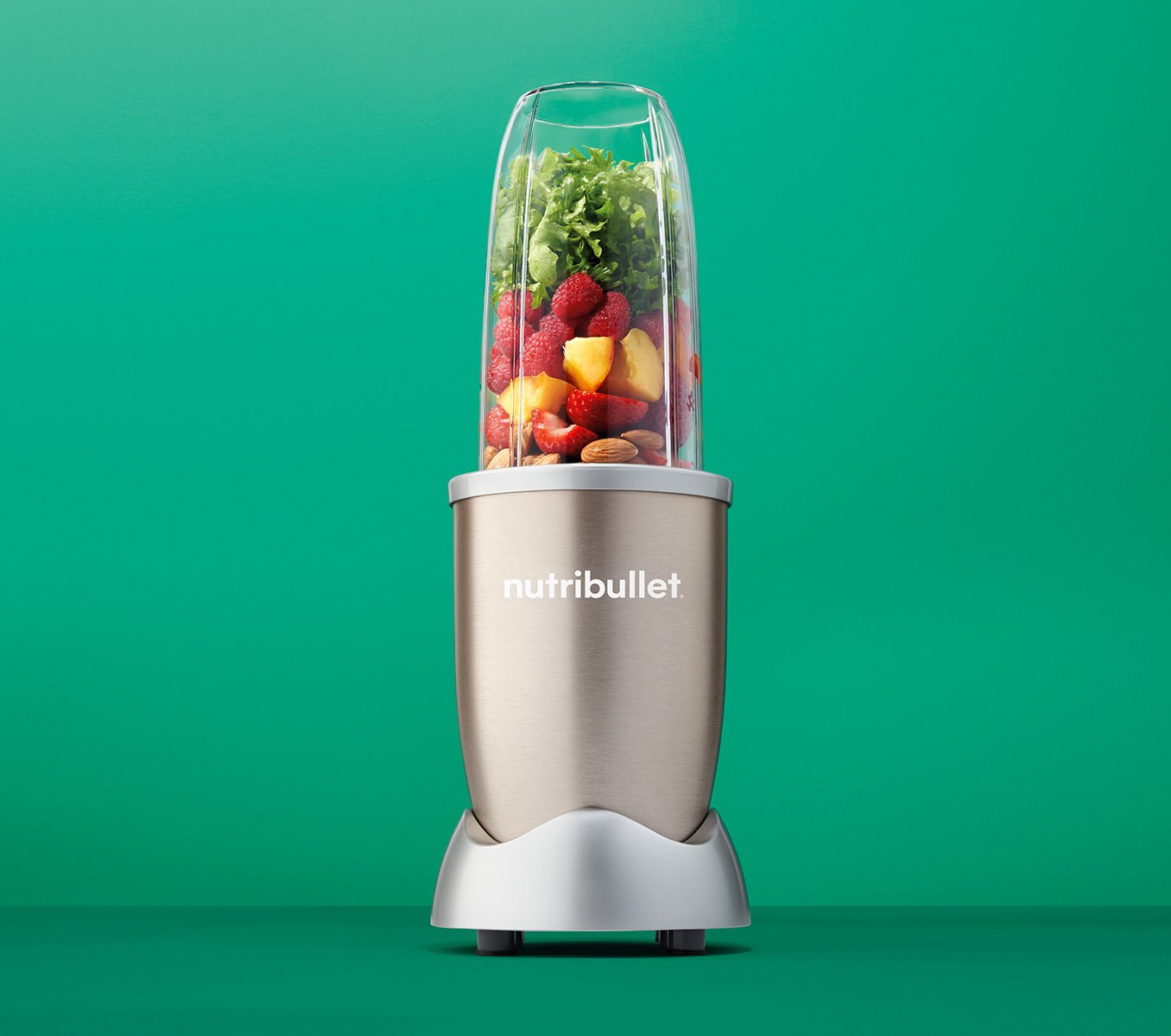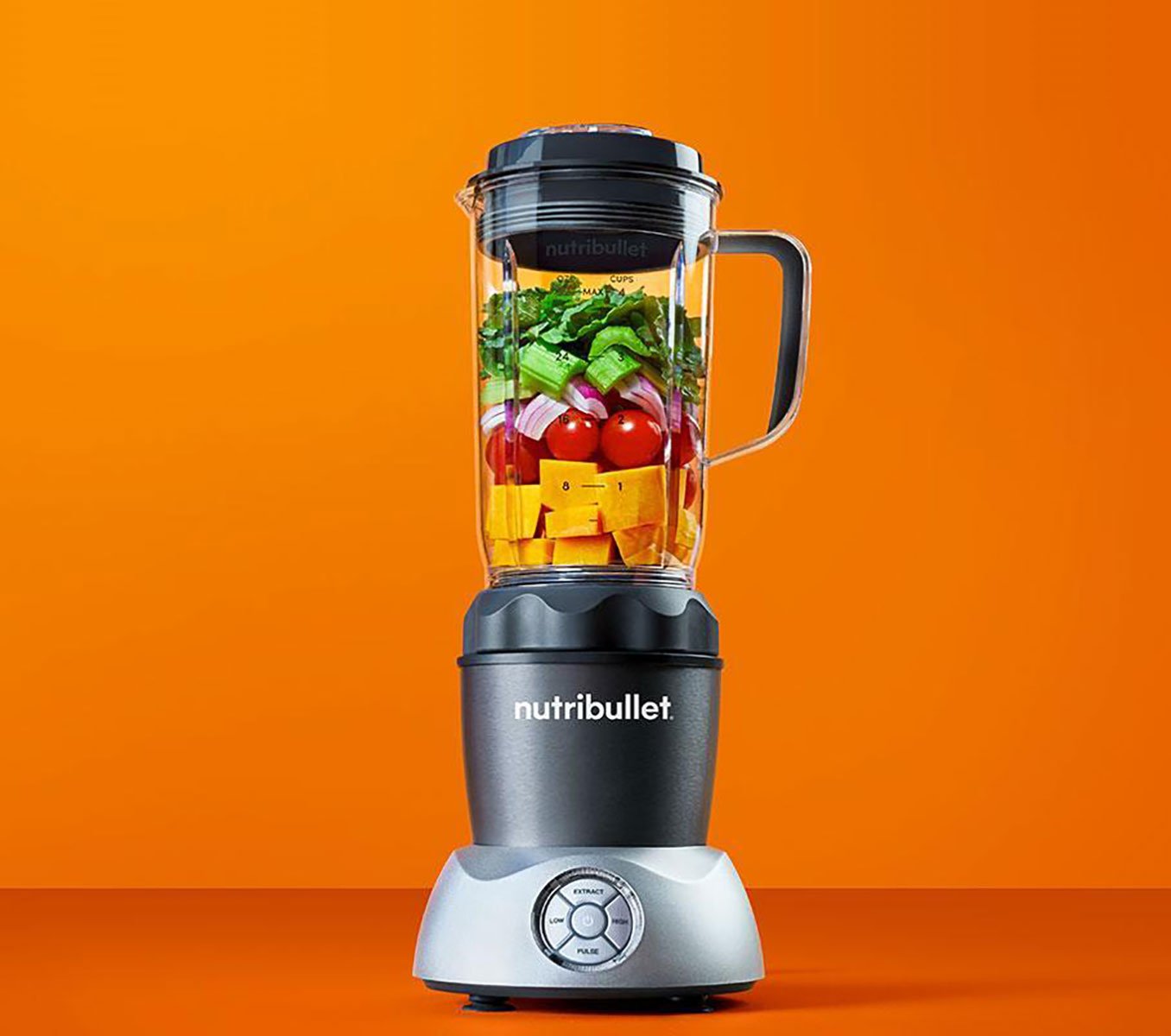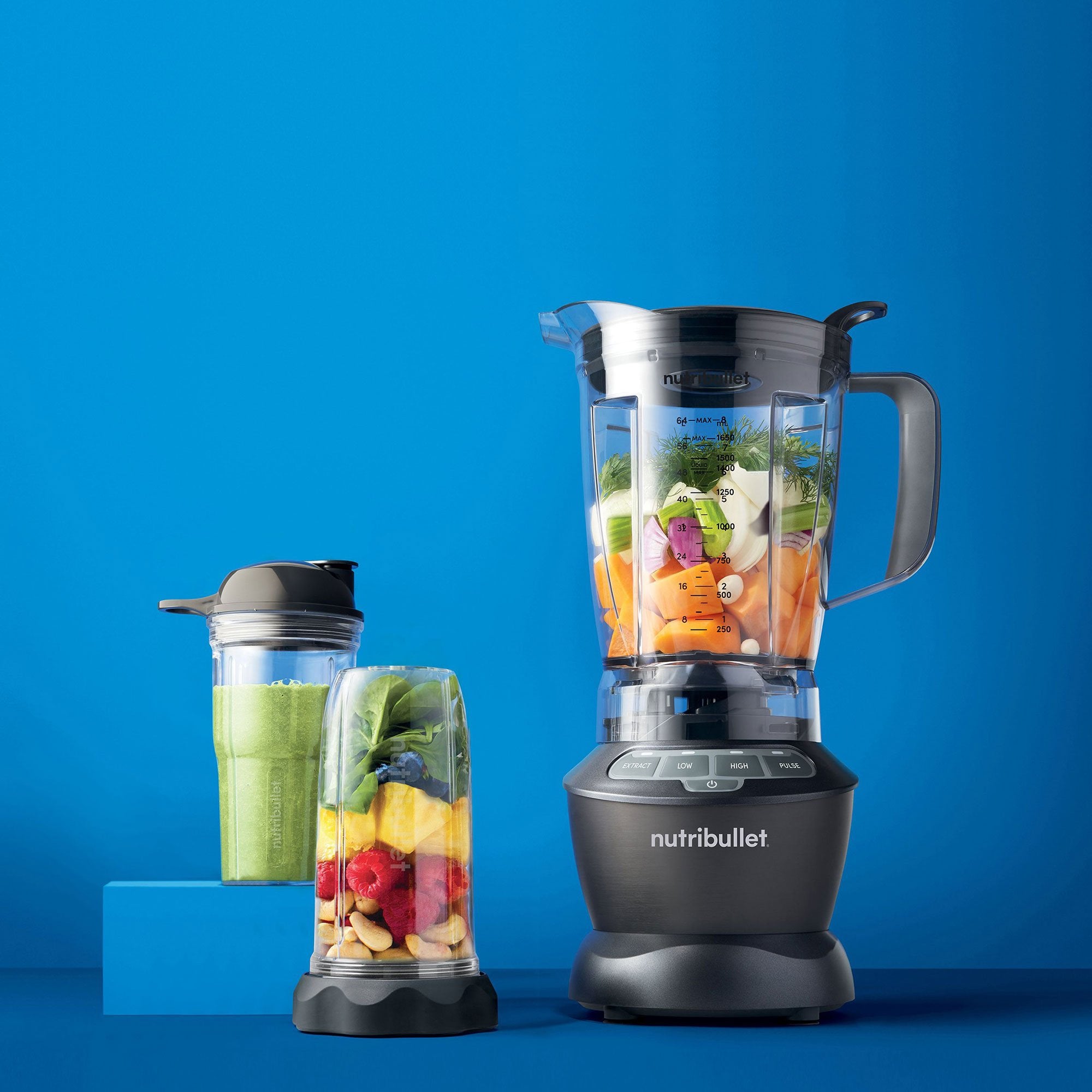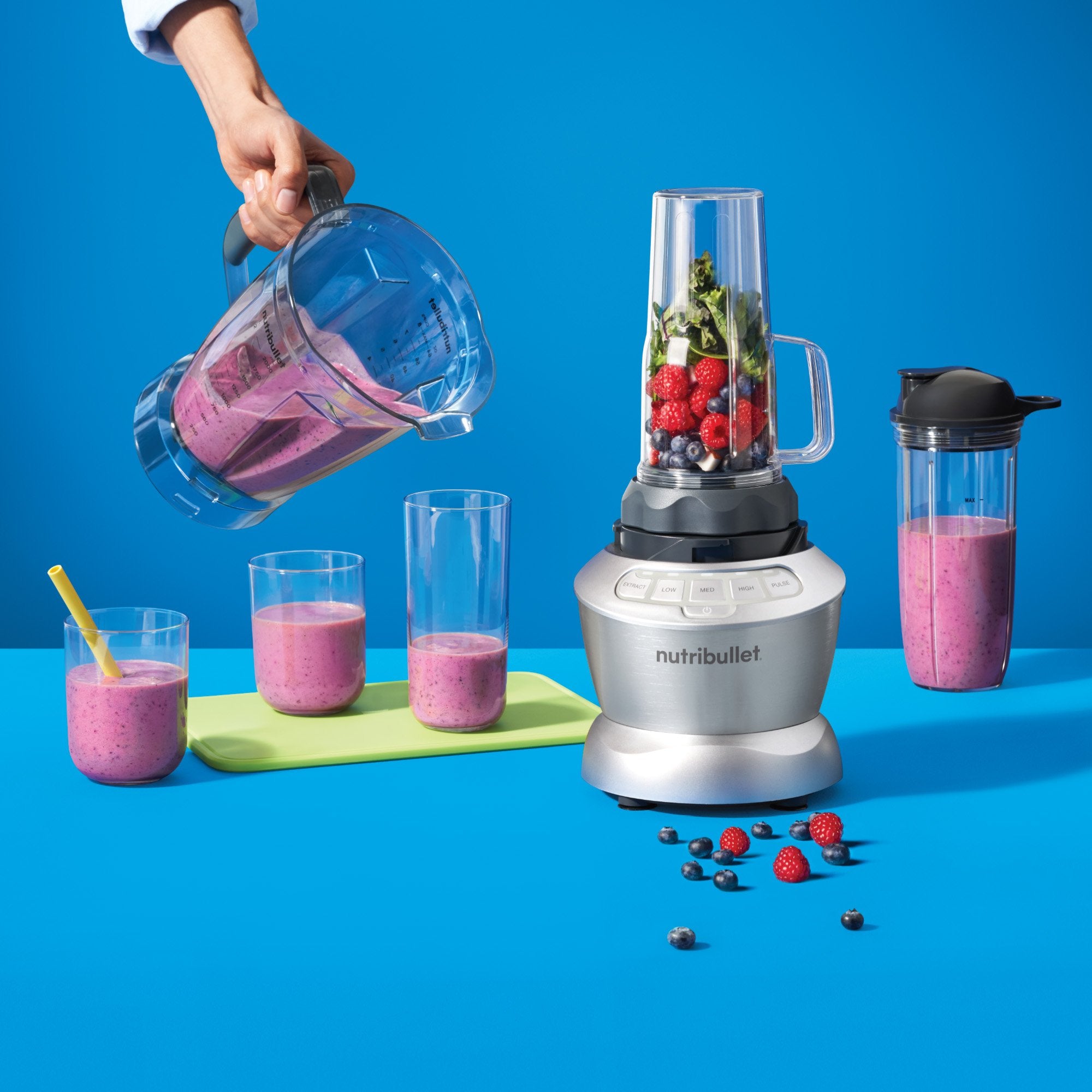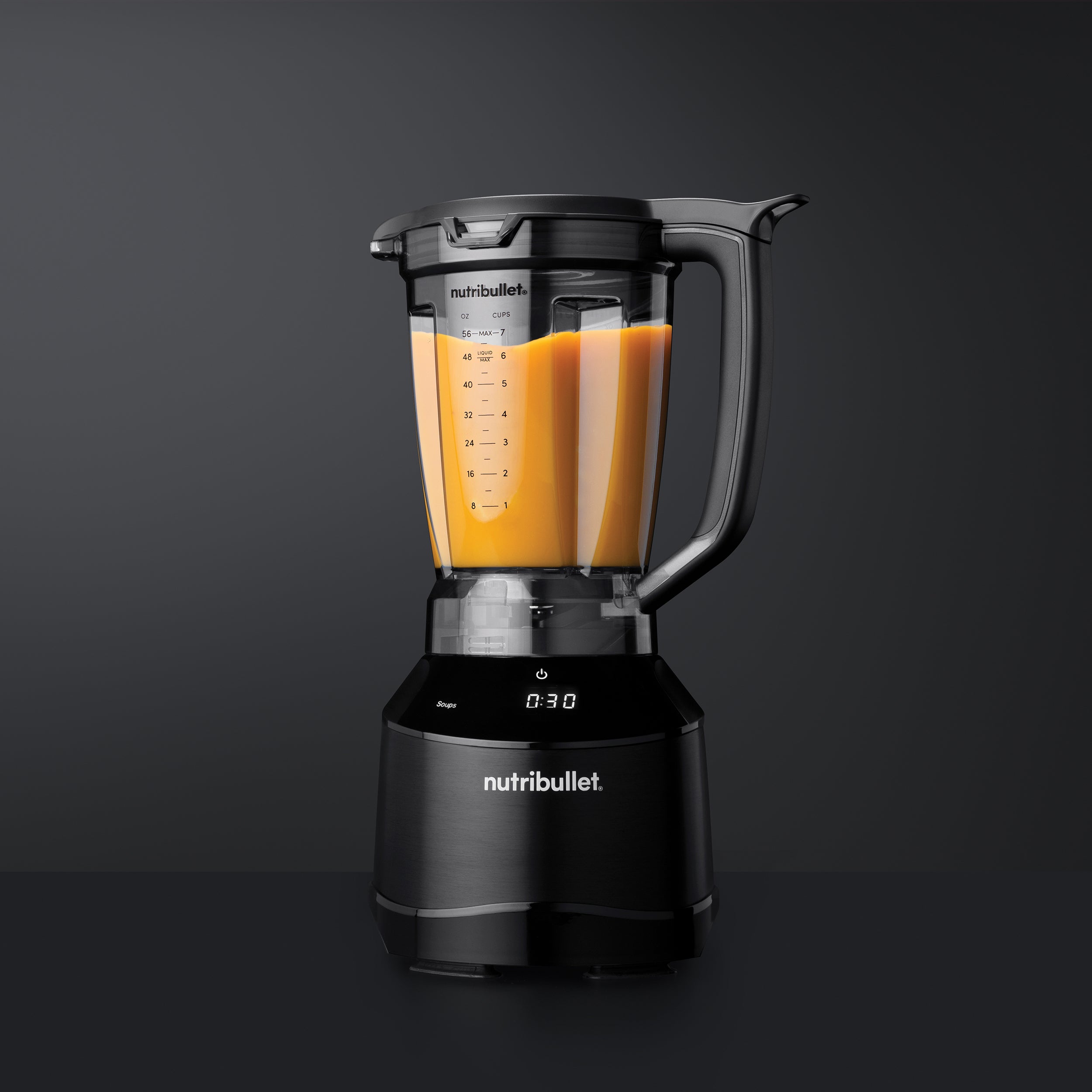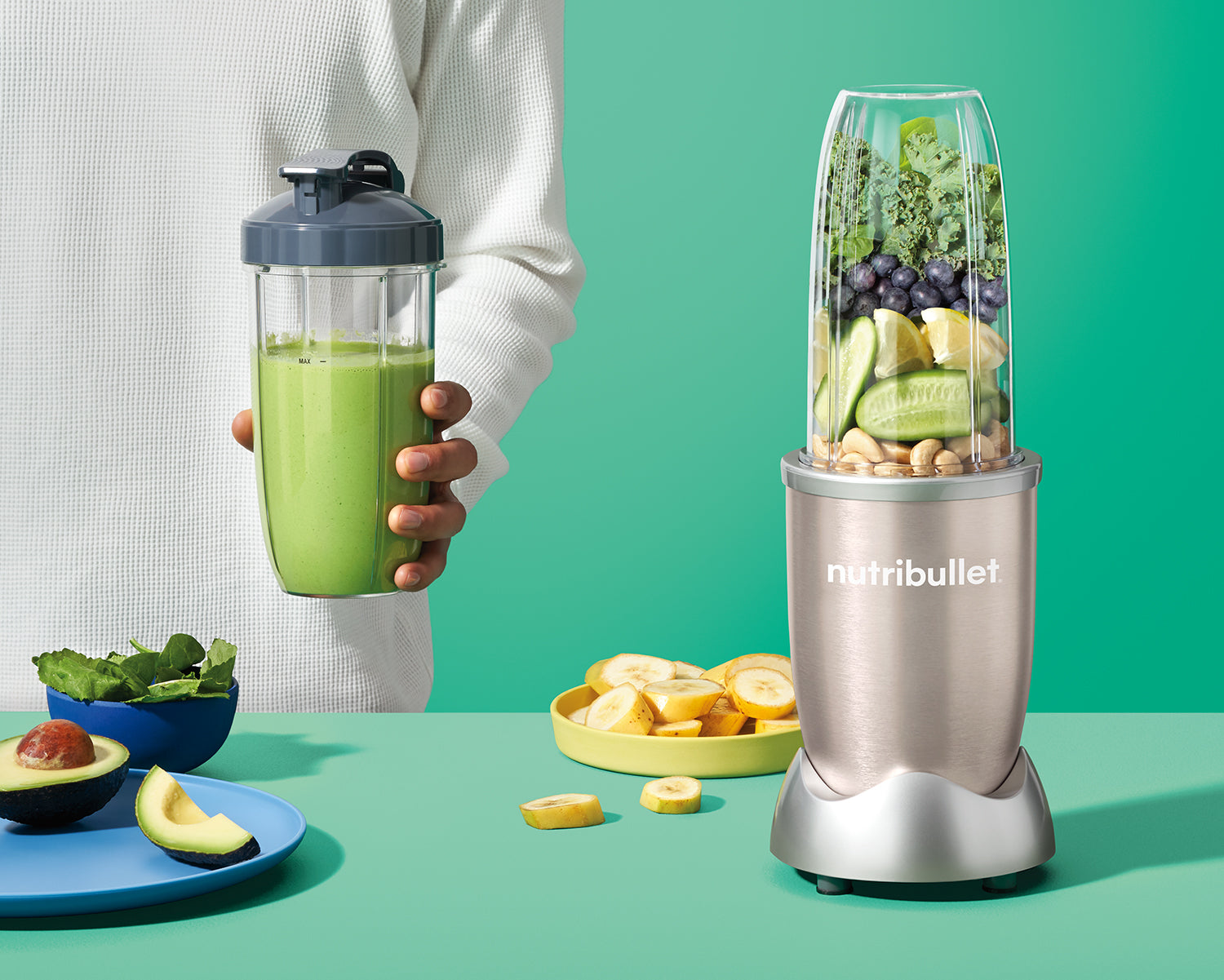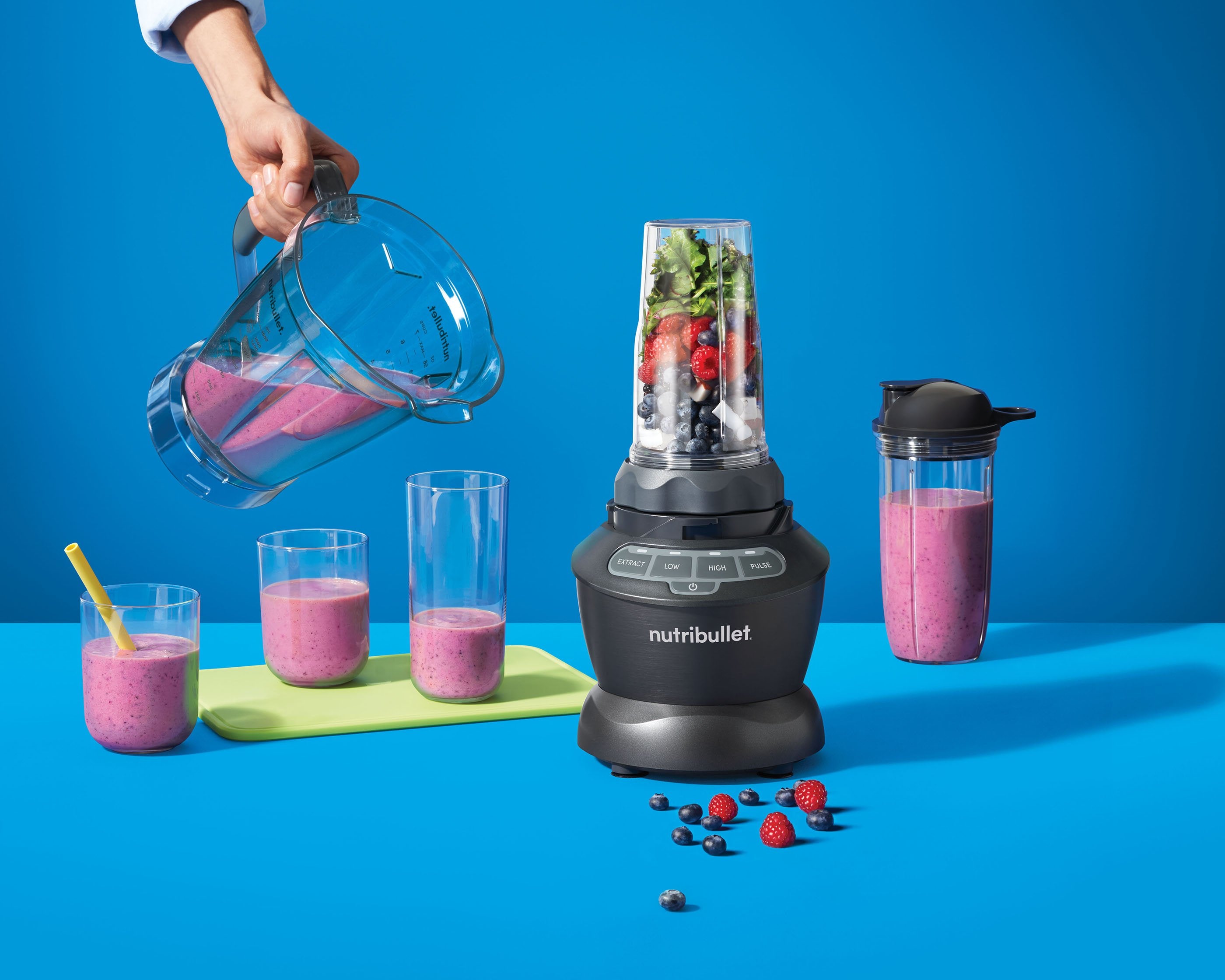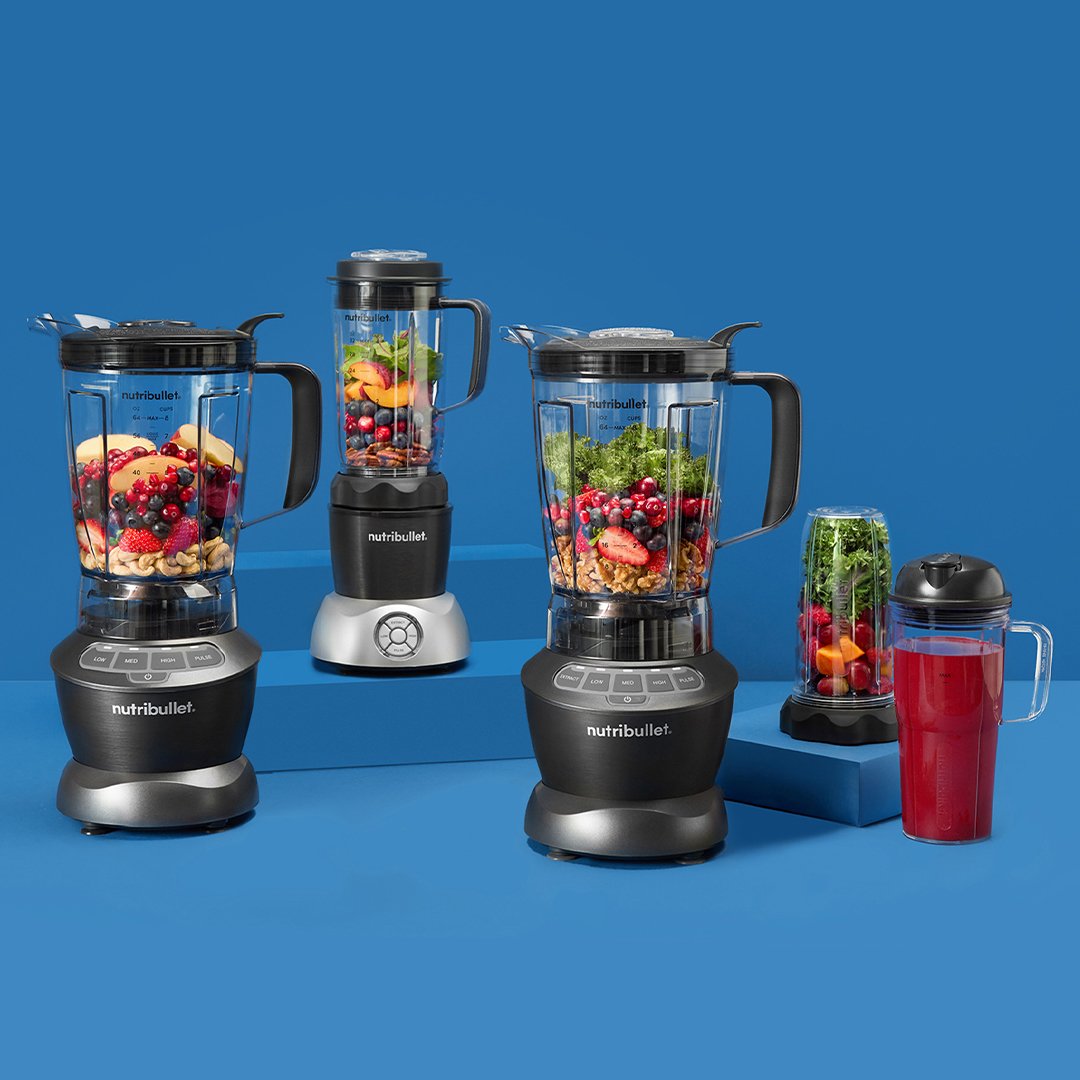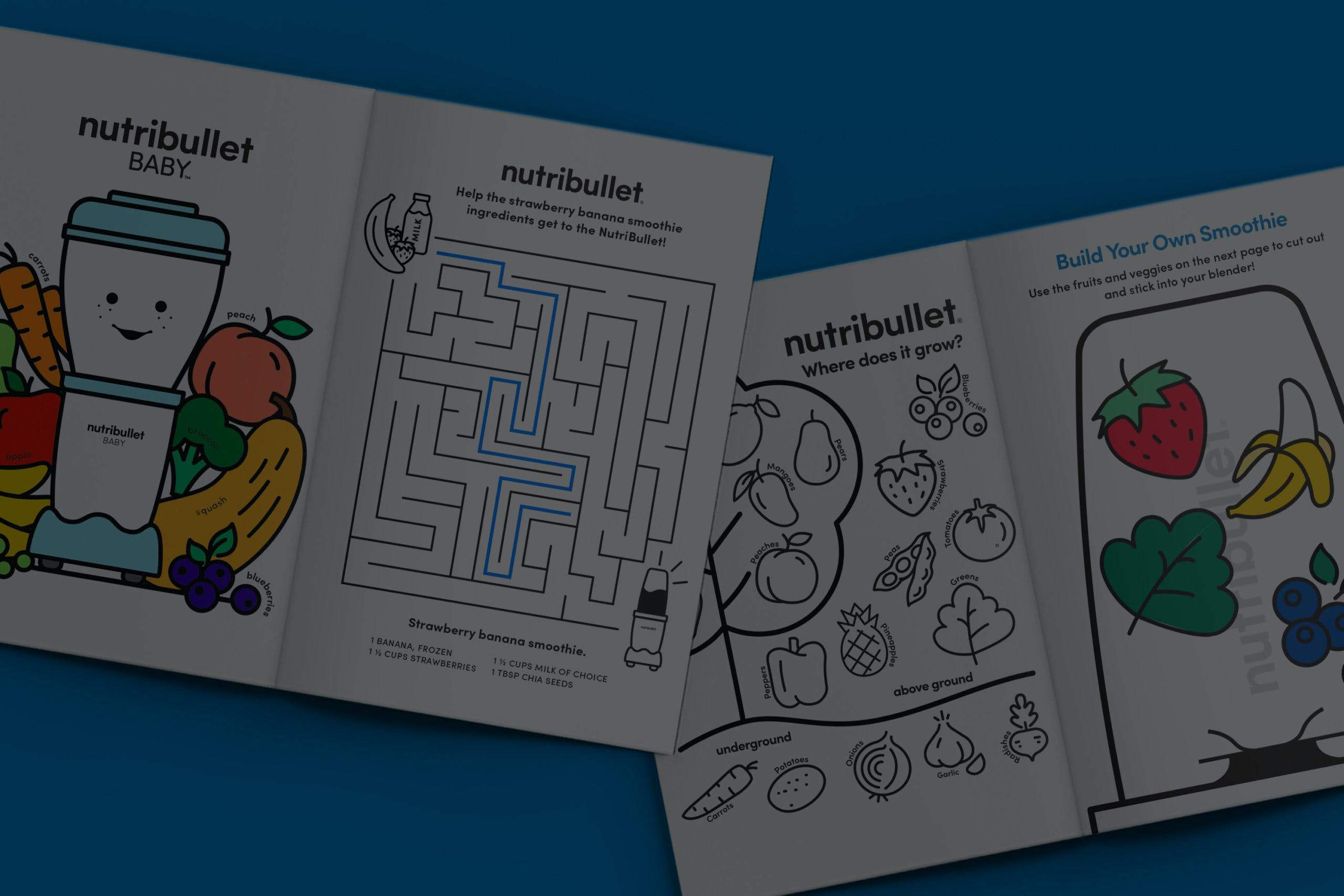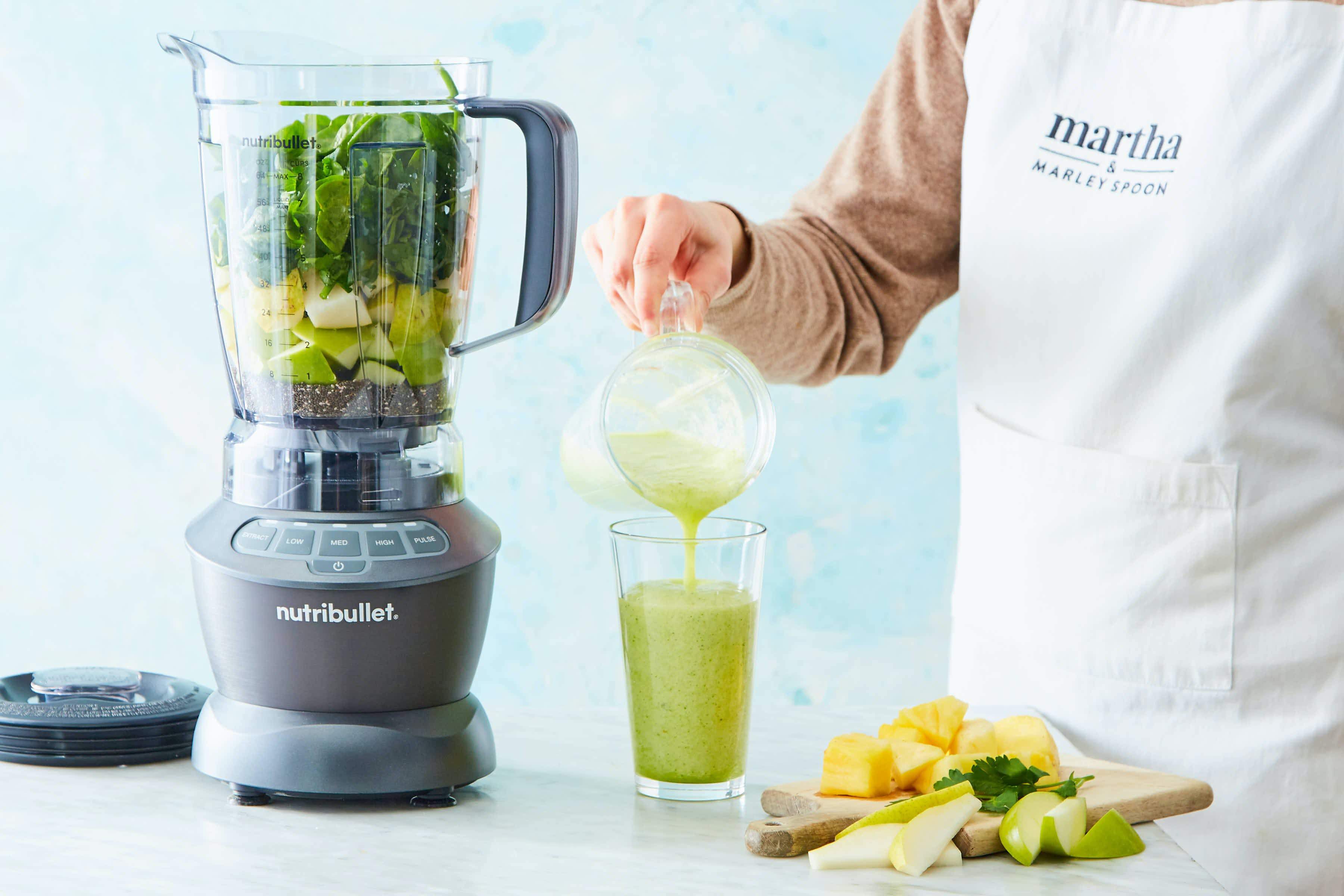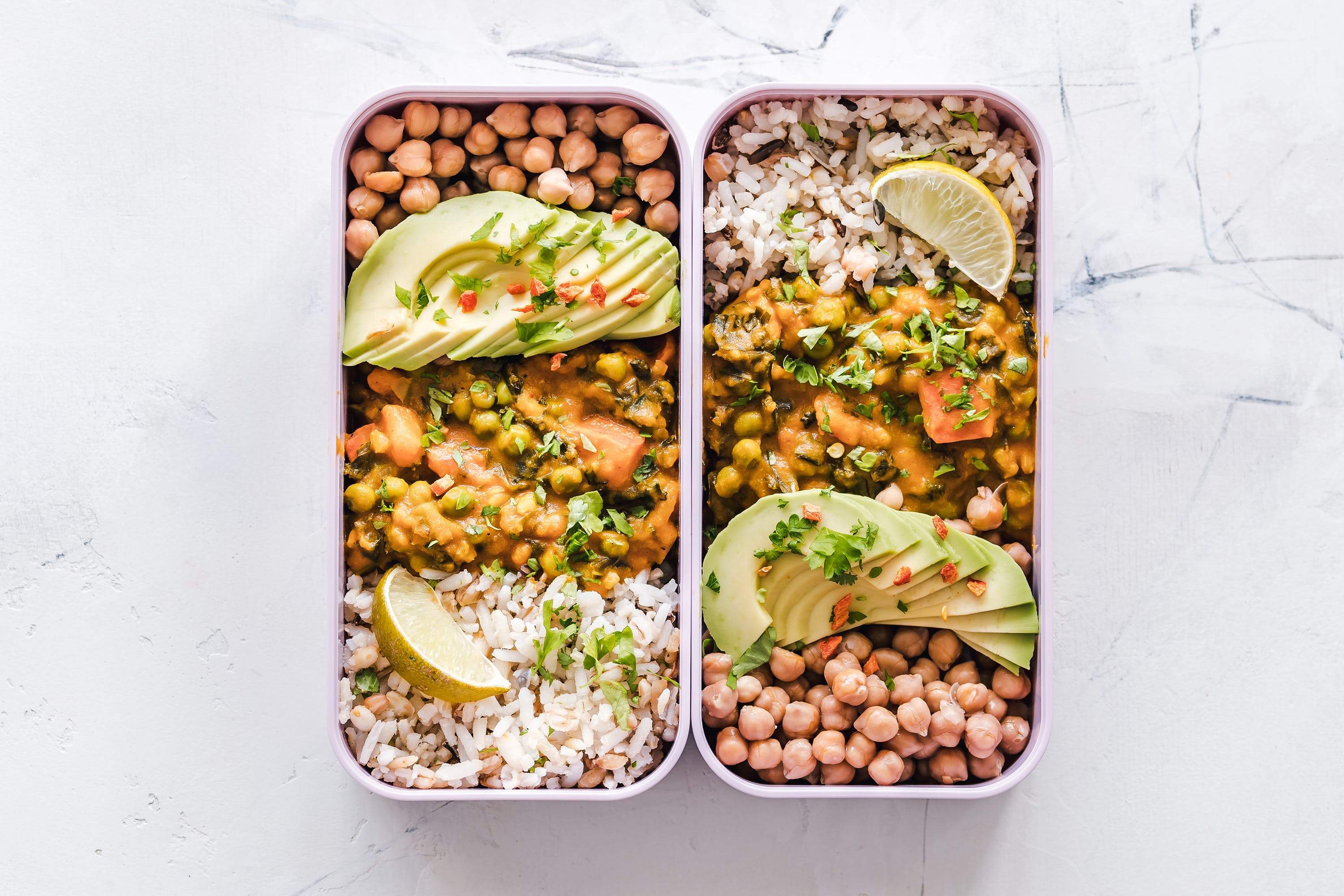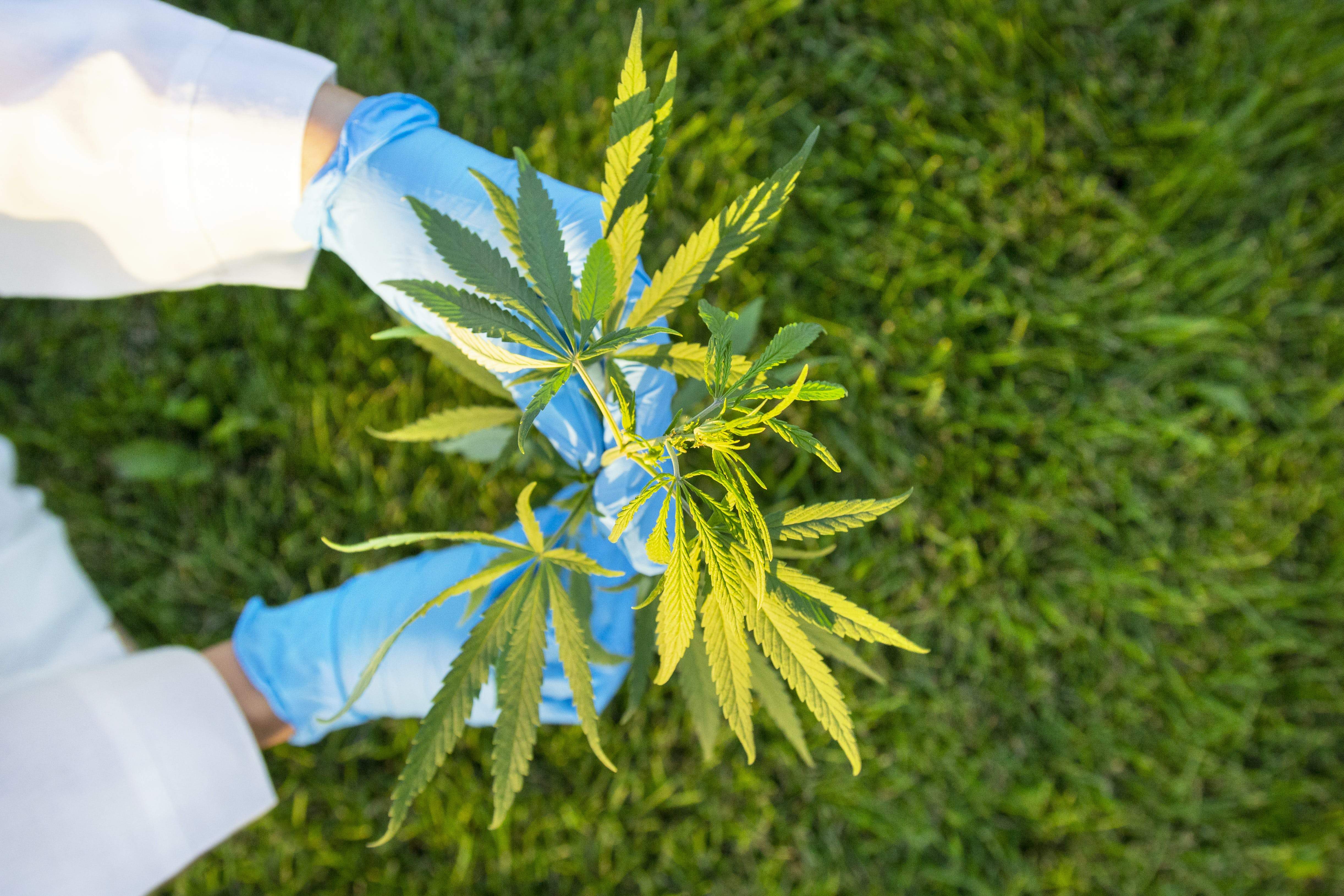Gut health is a hot topic in the health and nutrition community right now. Chances are you’ve seen headlines about it or health food products that promote gut health, but what exactly is it, why does it matter and can it aid in weight loss?
Gut health refers to the health of your gastrointestinal tract, or GI tract. It’s crucial for your overall well-being, affecting areas such immune function, energy level and even mood. A happy gut not only keeps you healthy, but, according to a recent study in the International Journal of Obesity, it can also promote weight loss.
Let’s start by eating more bacteria. You read that right. Believe it or not, we have naturally occurring bacteria in our bodies. While it does, in fact, sound gross, some strains of bacteria are actually highly beneficial! And now, we have reason to believe that they could also be the secret weapon in our weight loss quest.
A new study observed an interesting pattern between gut bacteria and weight. They noted that individuals who are overweight or obese tend to have low levels of healthy bacteria, while individuals with normal weights tend to have high levels of healthy bacteria. Researchers believe the reason behind these findings is diet. The obese and overweight participants ate a diet high in processed, high sugar and refined foods, while those with normal weights ate a whole food based diet. Bad bacteria tends to feed on sugar and proceeded foods. Good bacteria feeds on probiotics and probiotics (good bacteria).
So, what does this mean for you? If you’re trying to lose weight, you may want to incorporate foods that contain good bacteria. Consuming both probiotic and prebiotic food sources can aid in healthy weight loss by improving overall metabolic functions. Feeding your gut with good bacteria can also help reduce inflammation, enhance brain function, and improve digestion.
Fermented foods, such as yogurt, kefir, miso, sauerkraut and kimchi are great sources of probiotics. Foods that contain prebiotics are also good additions to your dietary intake. While not initially fermented, prebiotics pass through your upper GI tract and become fermented in the colon. Foods that have prebiotic properties include asparagus, Jerusalem artichokes, jicama, onions and garlic.
By eating a healthy, balanced diet that’s rich in probiotics and prebiotics while also eliminating sugary and processed foods that bad bacteria thrives on, you can improve your gut health. And when your gut is happy and healthy, so is the rest of your body!
Nutritional information
Recipe: Creamy Green Strawberry Dream Serving in this recipe:1
- Calories: 236.6
- Total Fat: 3.6 g 5.5%
- Saturated Fat: 0.4 g 1.9%
- Cholesterol: 0 mg 0%
- Sodium: 358.7 mg 14.9%
- Total Carbs: 45.7 g 15.2%
- Dietary Fiber: 9.9 g 39.4%
- Sugar: 22.1 g
- Protein: 8.1 g 16.2%
- Vitamin A: 481.9% Vitamin C: 244.1%
- Calcium: 68.5% Iron: 26.1%
* Percent Daily Values are based on a 2,000 calorie diet. Your daily values may be higher or lower depending on your calorie needs.

